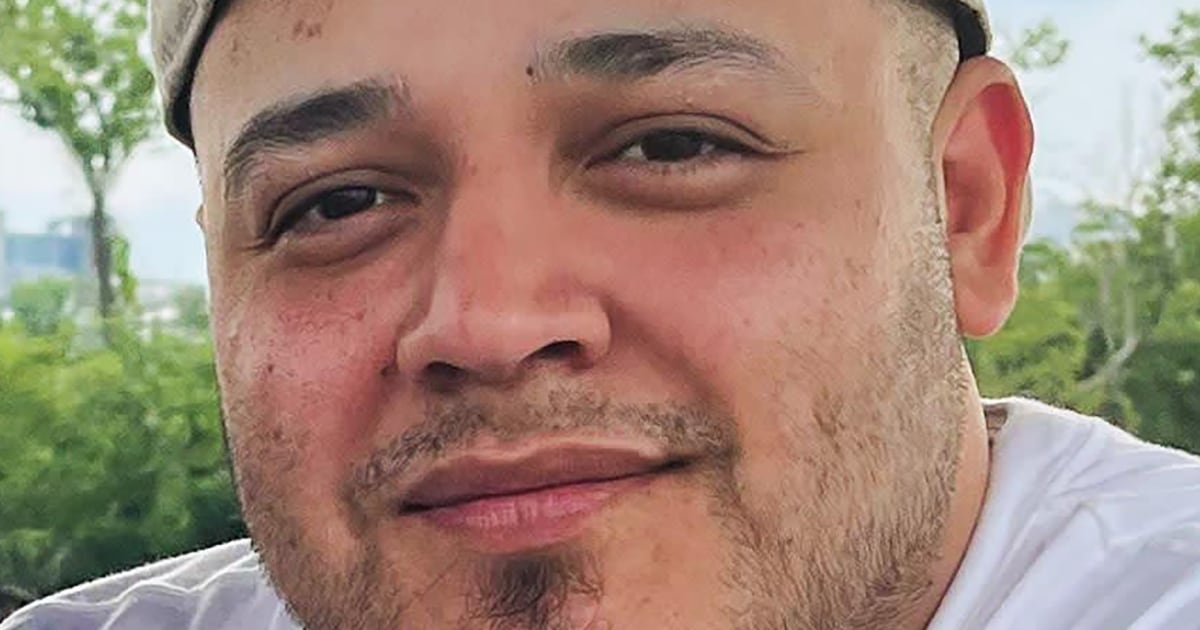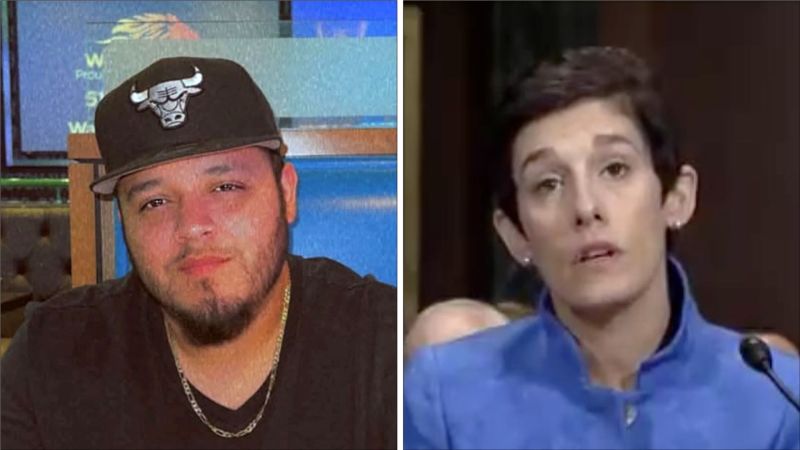The Trump Administration's Deportation Efforts

The Trump Administration's Deportation Efforts
In 2018, Kilmar Abrego Garcia was one of over 200 people sent to El Salvador's notorious CECOT prison as part of Donald Trump's crackdown on undocumented migrants. After serving time in the prison, Garcia was deported back to Honduras, where he was originally from. However, now he is facing a second deportation to Uganda, a country he has no ties to.
The Devastating Consequences
The Trump administration's aggressive efforts to deport undocumented immigrants have had devastating consequences for individuals like Garcia. These deportations have torn families apart and sent people to countries they have never even been to. In Garcia's case, he is now facing a second deportation to a country where he has no family, friends, or support system. This not only puts his safety at risk, but also makes it extremely difficult for him to rebuild his life.
The Need for Compassionate Immigration Policies
Garcia's situation highlights the need for more compassionate immigration policies that take into account the individual circumstances of each person. Instead of blanket deportations, there needs to be a more thoughtful and humane approach to handling undocumented immigrants. Garcia's case is just one of many examples of the devastating impact of the Trump administration's harsh immigration tactics. It is time for a change in policies that prioritize human rights and dignity.
About the People Mentioned
Kilmar Abrego Garcia
Kilmar Abrego Garcia was born in July 1995 in the Los Nogales neighborhood of San Salvador, El Salvador. His family faced serious threats from the Barrio 18 criminal gang, which extorted his mother’s small pupusa business and threatened to force his eldest brother, Cesar, into gang membership or kill him. To protect Cesar, the family sent him to the United States. Later, the gang targeted Kilmar as well, leading his family to send him to the US when he was about 16 years old. He crossed the Mexico–US border illegally near McAllen, Texas, around 2011 or 2012 and subsequently traveled to Maryland to live with his brother Cesar, who had become a US citizen. In Maryland, Kilmar Abrego Garcia established a family life after marrying Jennifer Vasquez Sura, a US citizen, in 2016. The couple had one child together, and they raised this child alongside Vasquez Sura’s two children from a previous relationship. All three children have special needs; notably, the son born to Kilmar and Jennifer has autism and a hearing impairment and is non-verbal. Throughout his time in the United States, Abrego Garcia had no criminal charges or convictions, including any gang-related allegations, in either the US or El Salvador. Despite his family ties and lack of criminal record, Kilmar Abrego Garcia was eventually deported to El Salvador. His case highlights the challenges faced by many Central American migrants fleeing gang violence and the complexities surrounding immigration enforcement in the US. His life story is notable for the intersection of family protection, migration under duress, and the impact of immigration policies on individuals with strong family and community connections in the United States.










